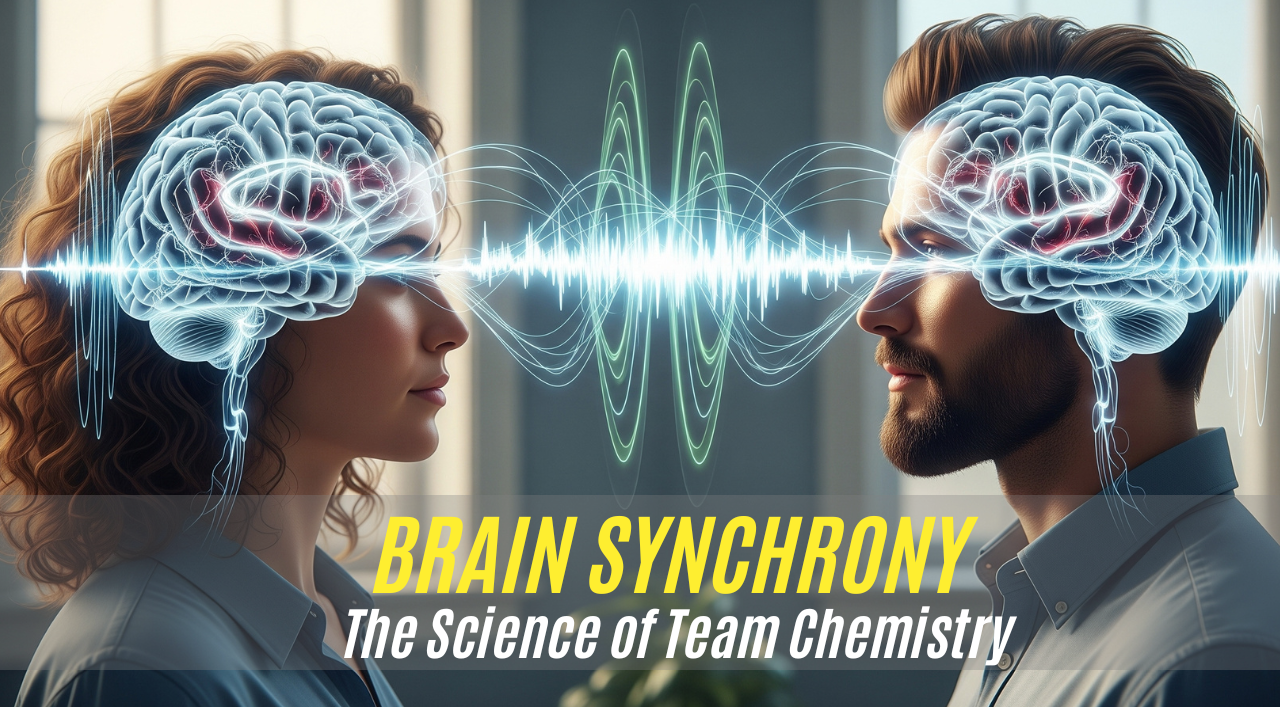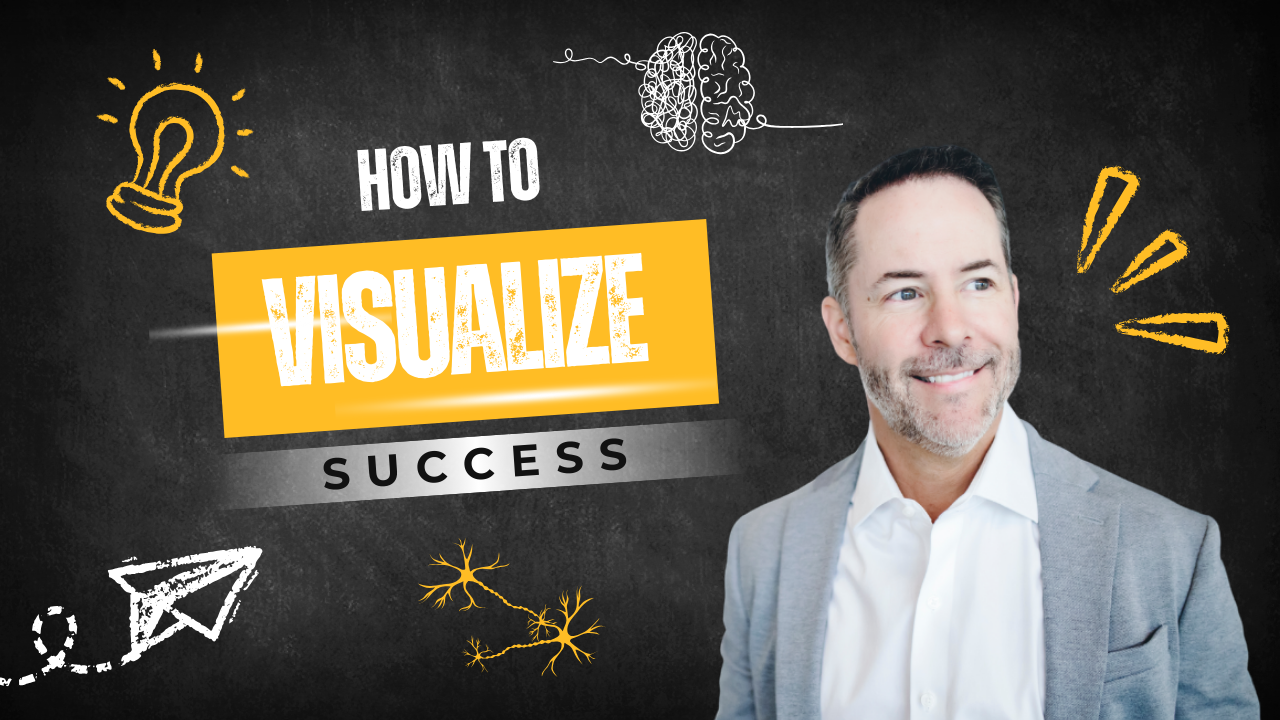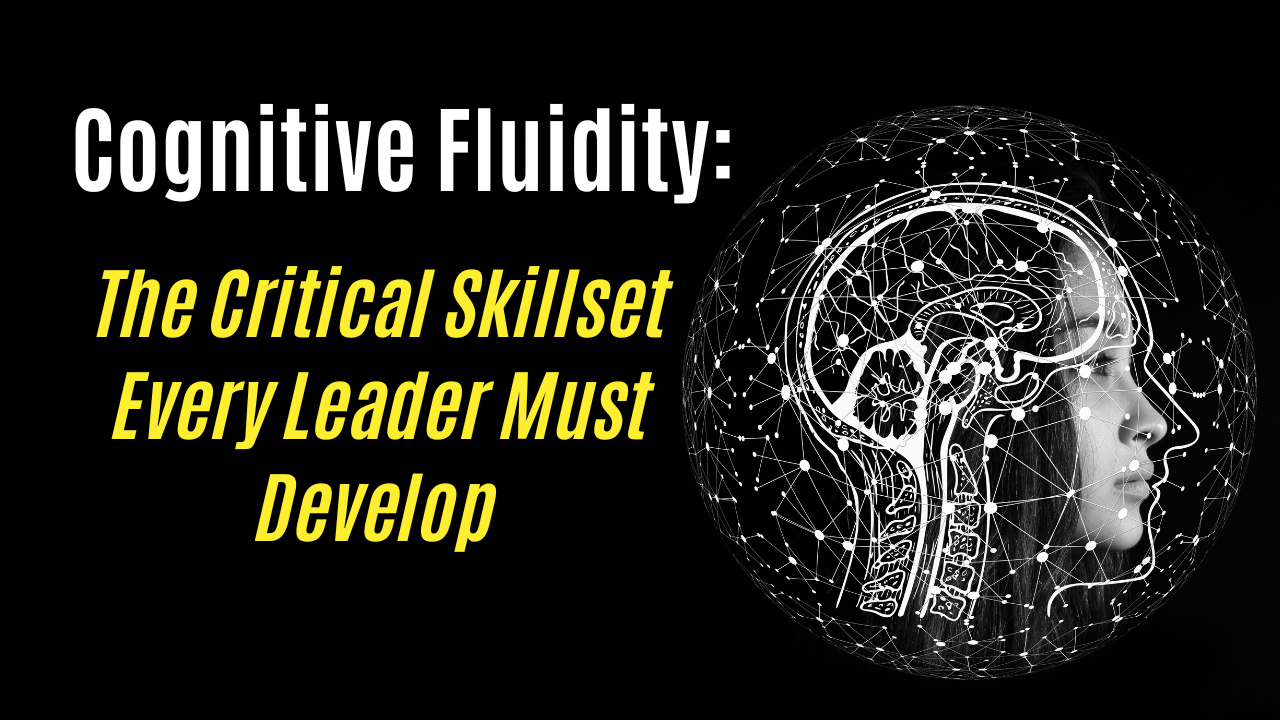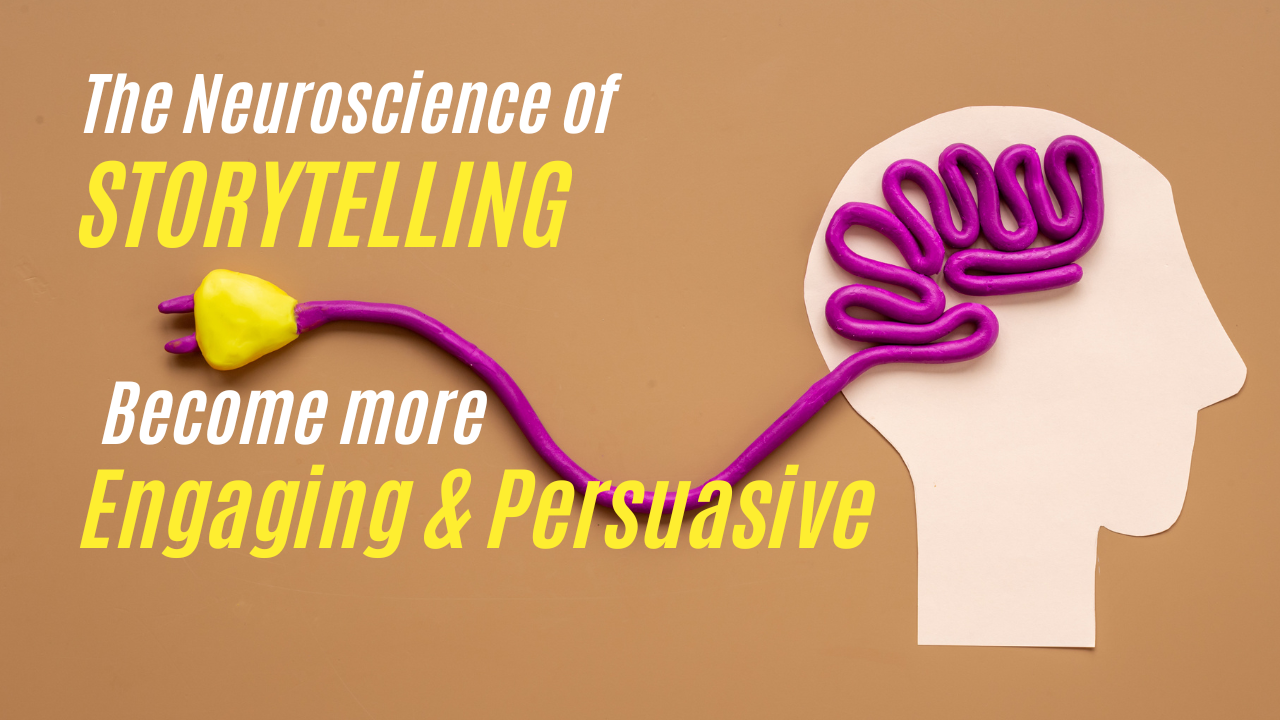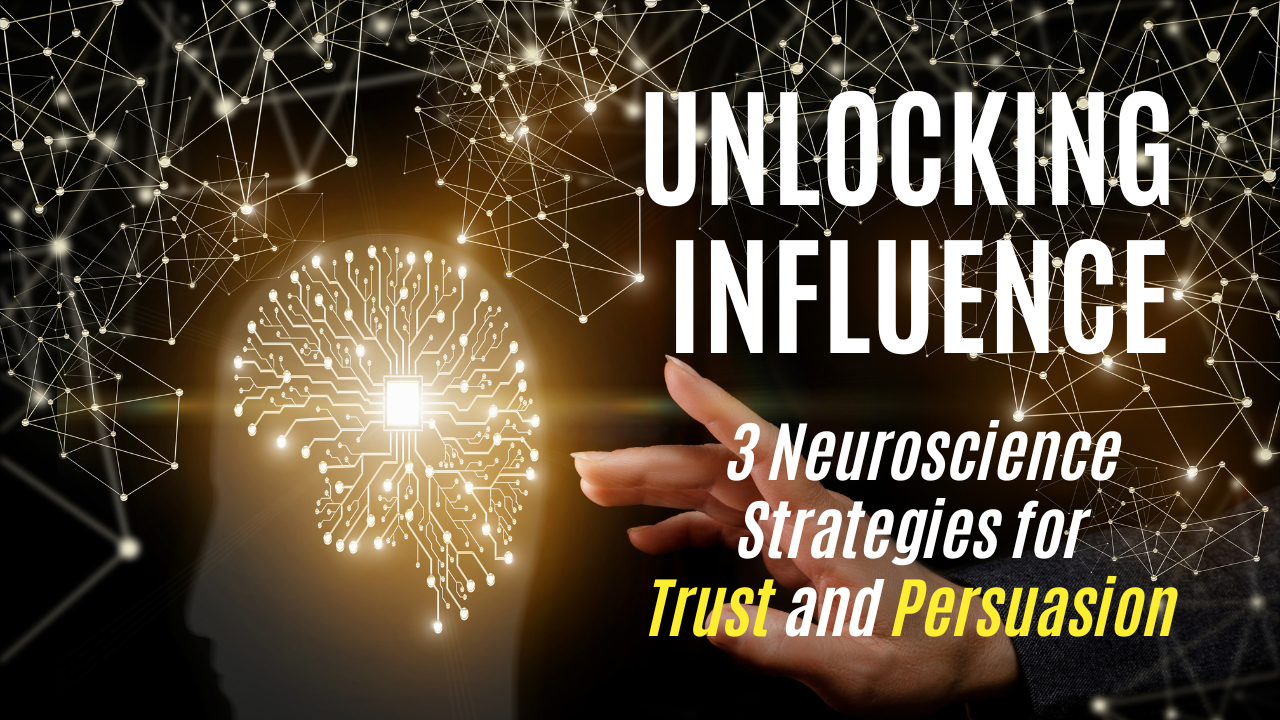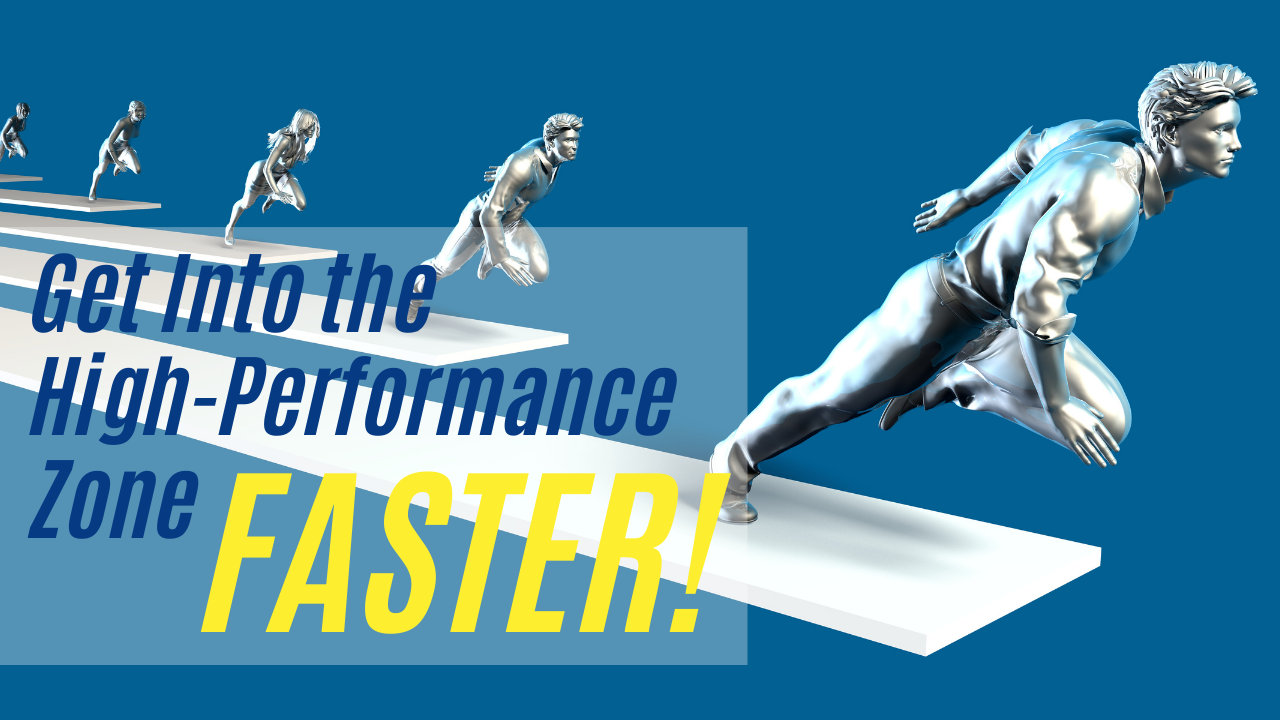Brain Synchrony: The Science of Team Chemistry
There’s a word that we often use to describe a team that’s working together and completely in sync. It’s not just a word; it’s a phenomenon that has historically been hard to explain, define, or measure. This also means it’s hard to create or replicate. The phenomenon I’m talking about is called CHEMISTRY. Chemistry is … Read more

